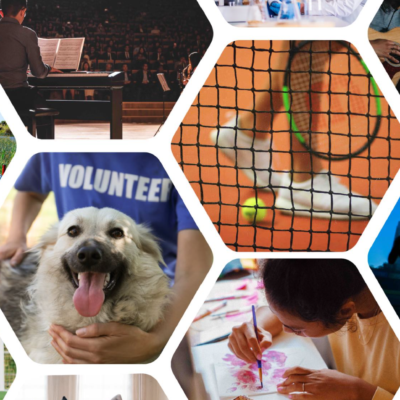Redefining Teenhood in The Age of Covid
What is teenhood? Well, the Oxford English Dictionary defines it as “The state of being in one’s teens; one’s teenage years,” but teenhood now has become more than just a time period. It’s the 21st-century struggle.
COVID quarantine began in March of 2020 and “Everyone was excited. We thought we just had two weeks of no school…no one thought anything of it,” says Venia, a 16-year-old living in Boston. After school shut down for a couple of weeks to quarantine, a few weeks turned into a few months, and those months turned into almost two years. According to the U.S. Department of Education by January 2021 about half of K-12 students were just now going back to learning in person. In August 2022 the FDA updated the vaccine booster shots and that was the end of the pandemic, but the effects of COVID never really went away. In fact, it continues to be the primary reason why growing up as a teen in the 21st century is the hardest it has ever been for any other generation.
Before the pandemic, I was focused on school and friends and the only thing I had to keep me entertained was what was happening in the outside world so I learned to reshape my opinion on the news and developed an interest in it.
While we were all learning to be more aware of the world outside of our own lives, the school system was progressively failing students’ education and our academic levels began to drop. After the pandemic, students’ reading levels dropped to the lowest they’ve been since 2004 while our mathematical levels were at their lowest since 1990 meaning that, overall, learners’ achievement levels have dropped by six to 14 points in academic performances. On top of the obvious academic struggles teens face after going back to school, according to the Pew Research Center 61% of teens feel pressure to get good grades in school in order to support themselves in the future.
COVID has also begun to affect friendships as well. Having important connections with your peers as a human, in general, can have a big impact on not only your mental health but also your physical health. Studies done by Stanford Medicine show that having a strong social connection with your peers leads to a 50% increased chance of a longer lifetime. However, despite the importance of friendships 36% of Americans and 61% of specifically young adults experience severe loneliness and teens are the primary group that now has to learn to navigate this substantial increase in loneliness experienced by Americans.
With all of these factors that play a role in the well-being of teens, the CDC reports that one in five children, aged three to 17 years old, which is about 15 million adolescents, have a diagnosable mental and or emotional disorder with only 20% of those children being treated for it, per year.
Imagine growing up and finally adjusting to this world that you just appeared in and then all of a sudden you are trapped. Locked in your home that soon becomes your prison. You finally learn to be on your own and then you’re suddenly expected to go back to school with not only a physical mask but a mental one that everyone has built up because no one knows who they are outside of their house. You’re almost two years behind in school because the system has completely given up on teaching virtually, and you’re almost completely lonely except for that one friend you email every once in a while. On top of all of this, you’re still expected to go on living your life, with no explanation, no guidance, and no sense of who you’re supposed to become not only as a person but as a teen.
I know some people may still be asking “What makes growing up in this century so much harder than any other generation?” Well, 16-year-old Cidni McClain from Alabama stated it perfectly: “School is different, socialization is different, extracurriculars are different, hobbies are different: everything is different.” When academics, friendships, and mental health are all of a sudden reconstructed, how do you continue to grow? That’s what makes growing up in this generation so hard. The fact that you are expected to keep your head up and tell yourself you can do it while relearning everything from education to socializing at such a young age.
So, if you are a parent, a guardian, an aunt or uncle, a grandma or grandpa, a parent, or just have a teen in your life, remember that there is a whole universe inside of that teenager. A universe that has to adjust to a way of living life that is new not only to you but also to themselves. That’s the 21st-century struggle.









